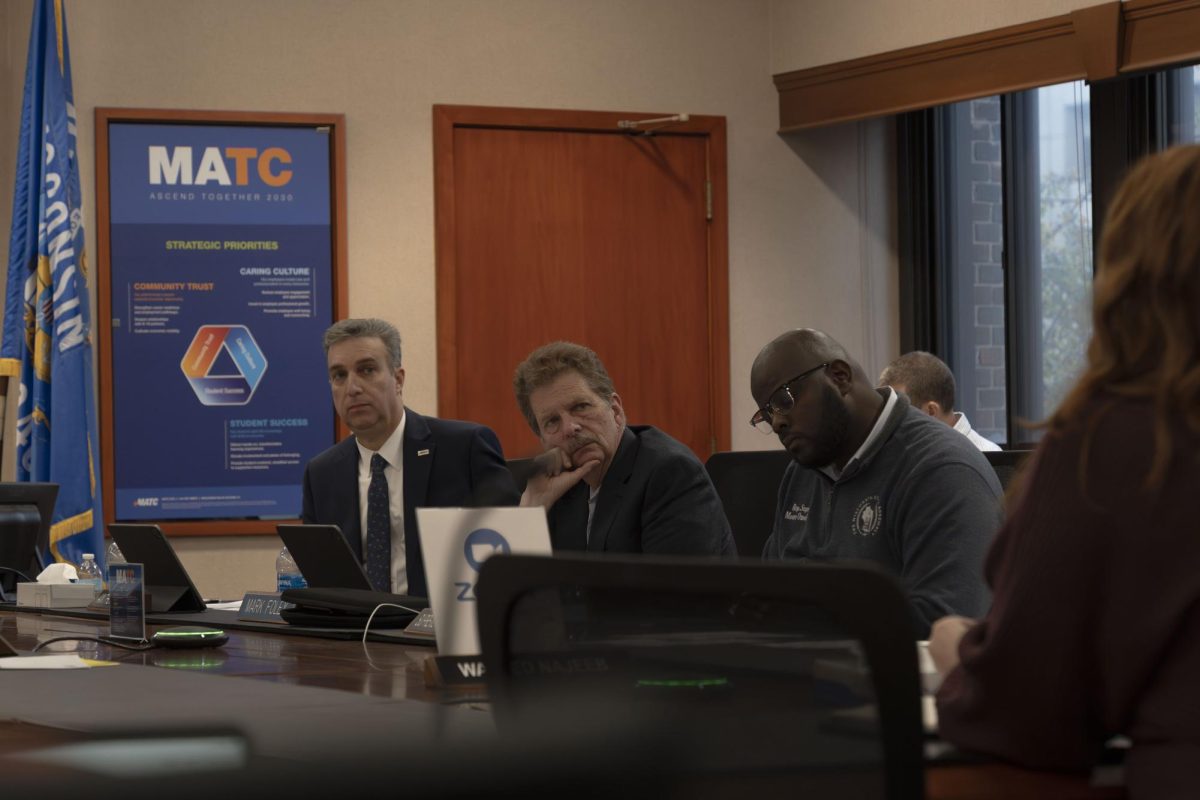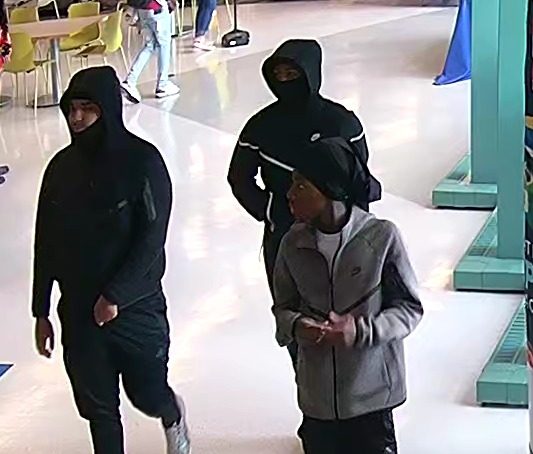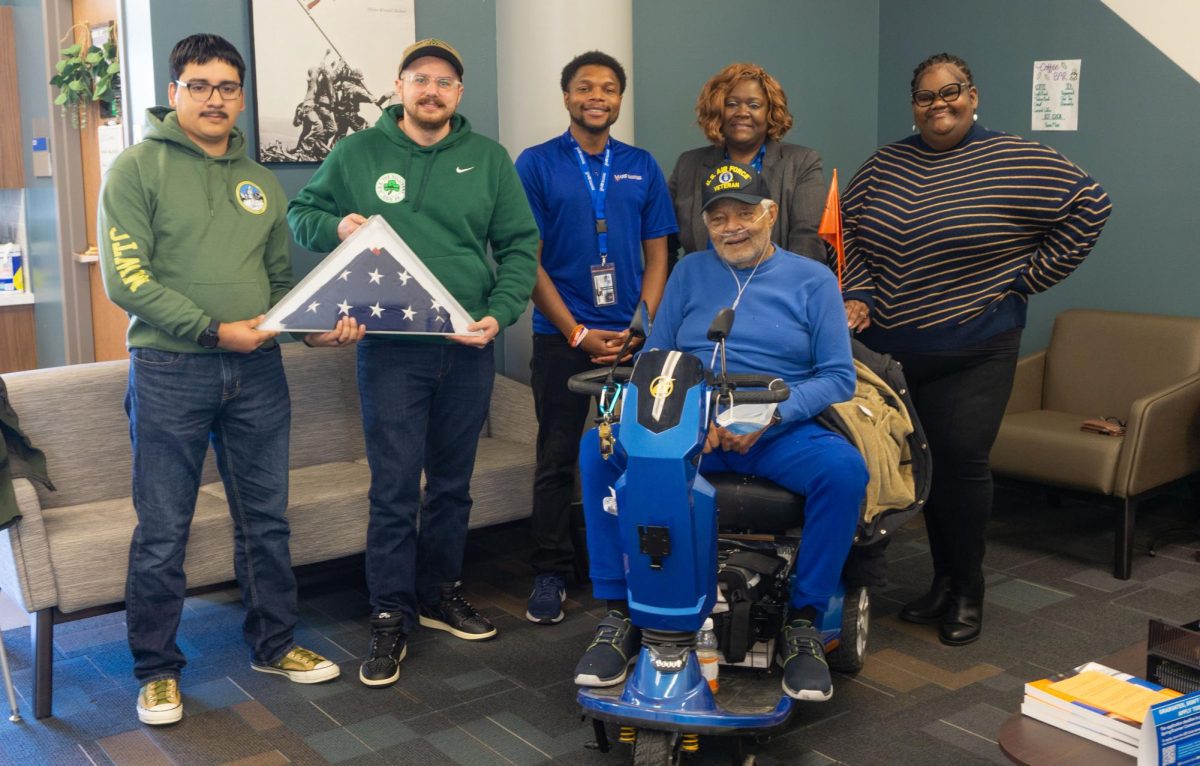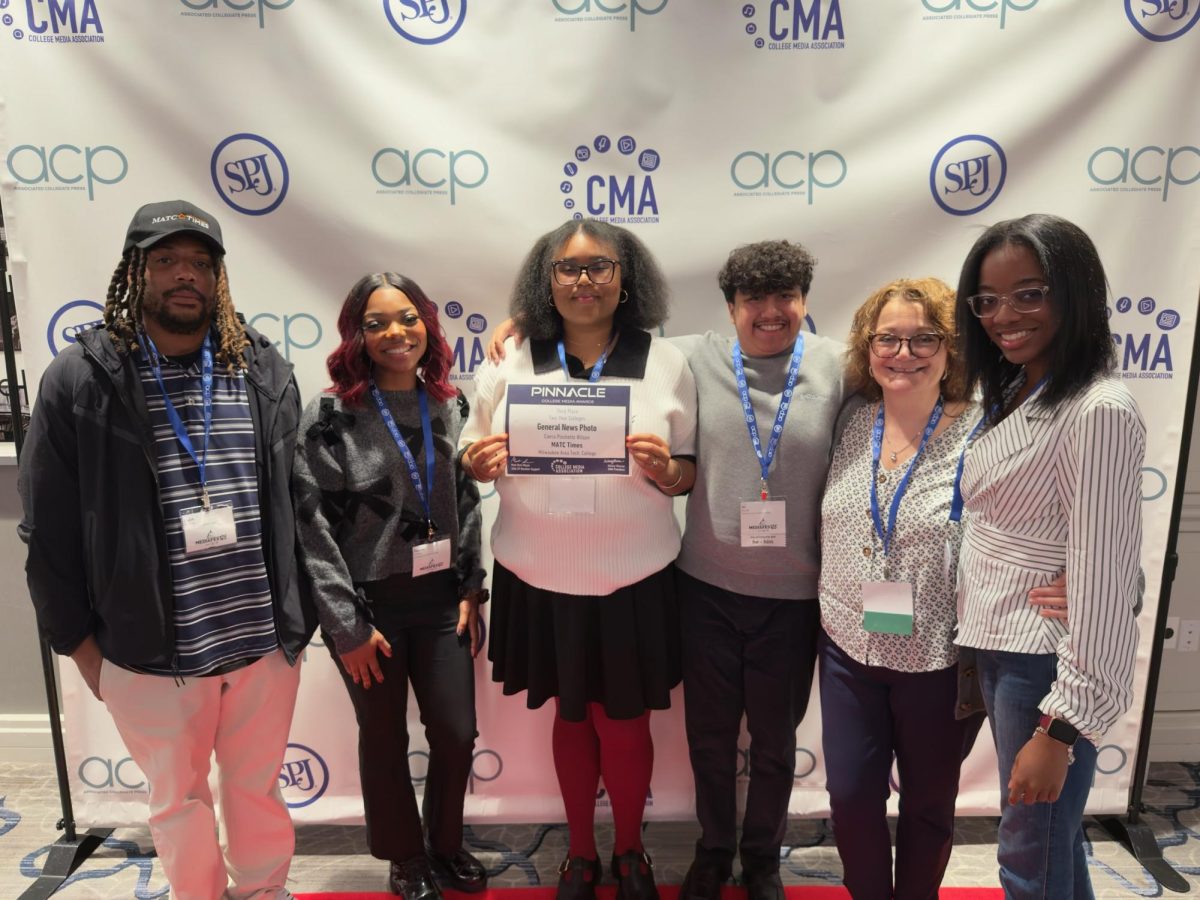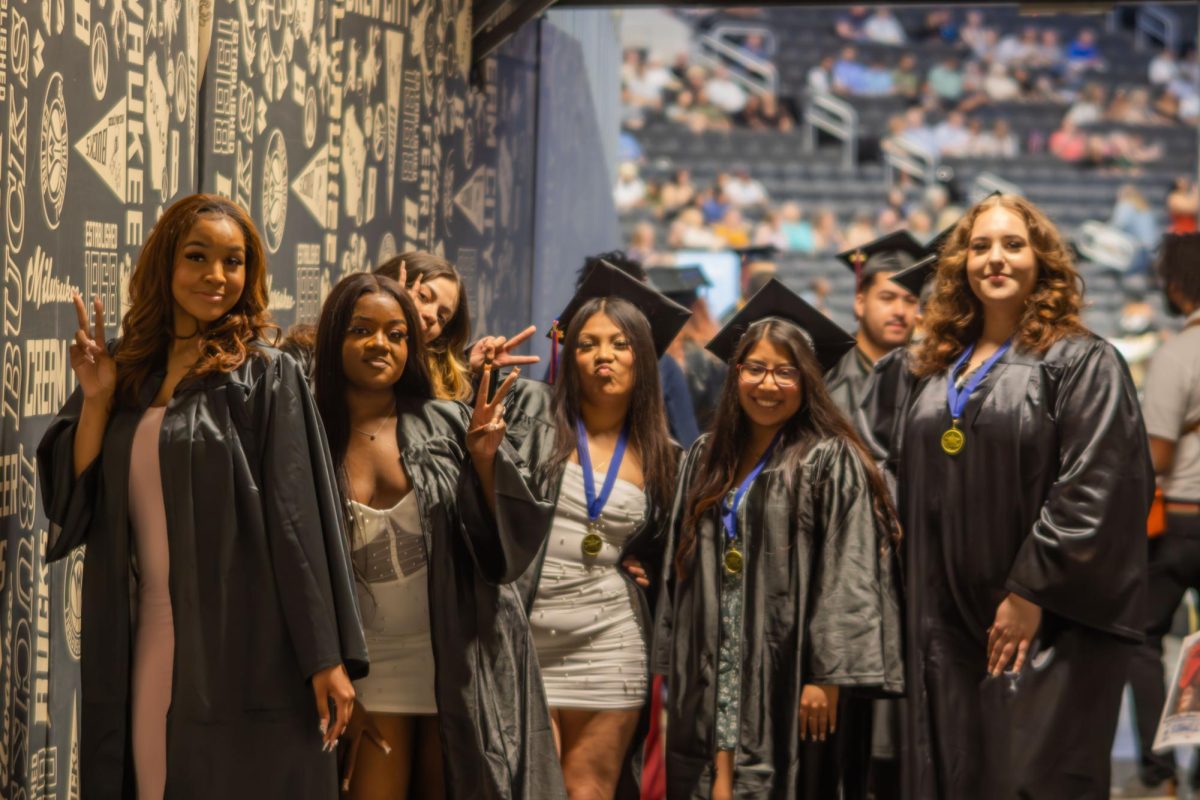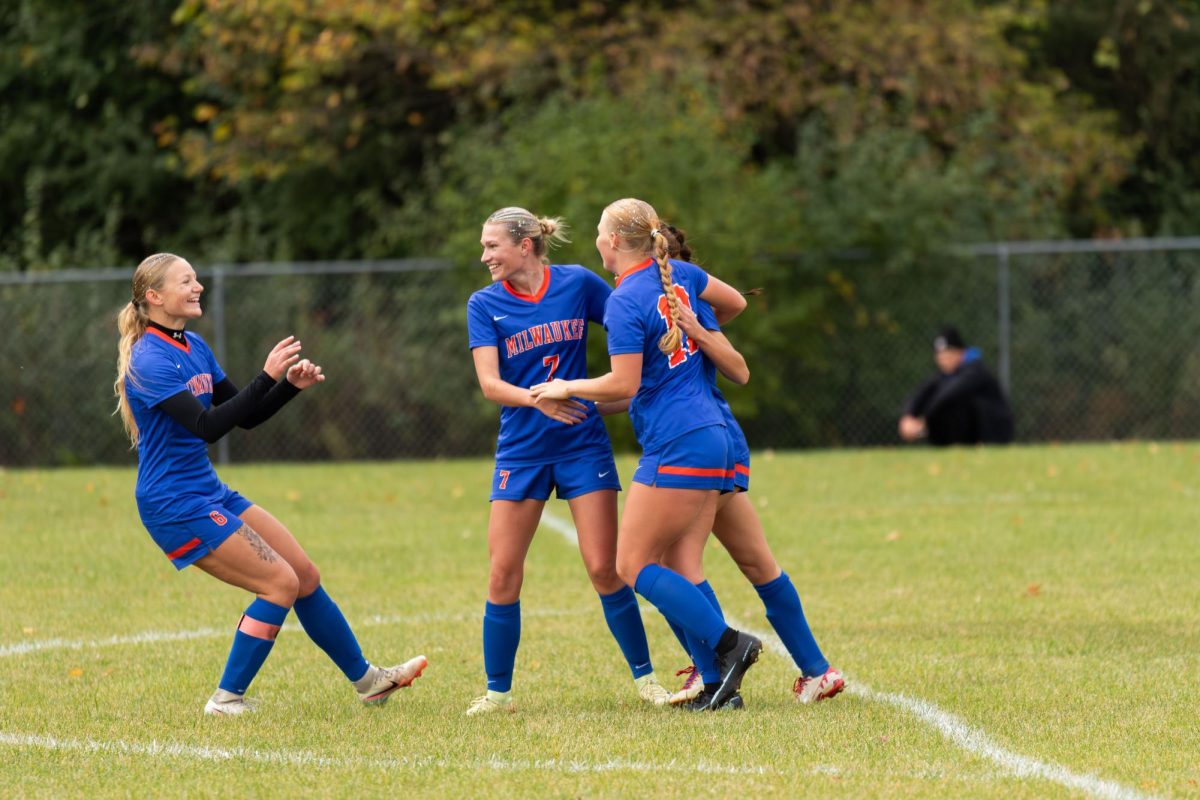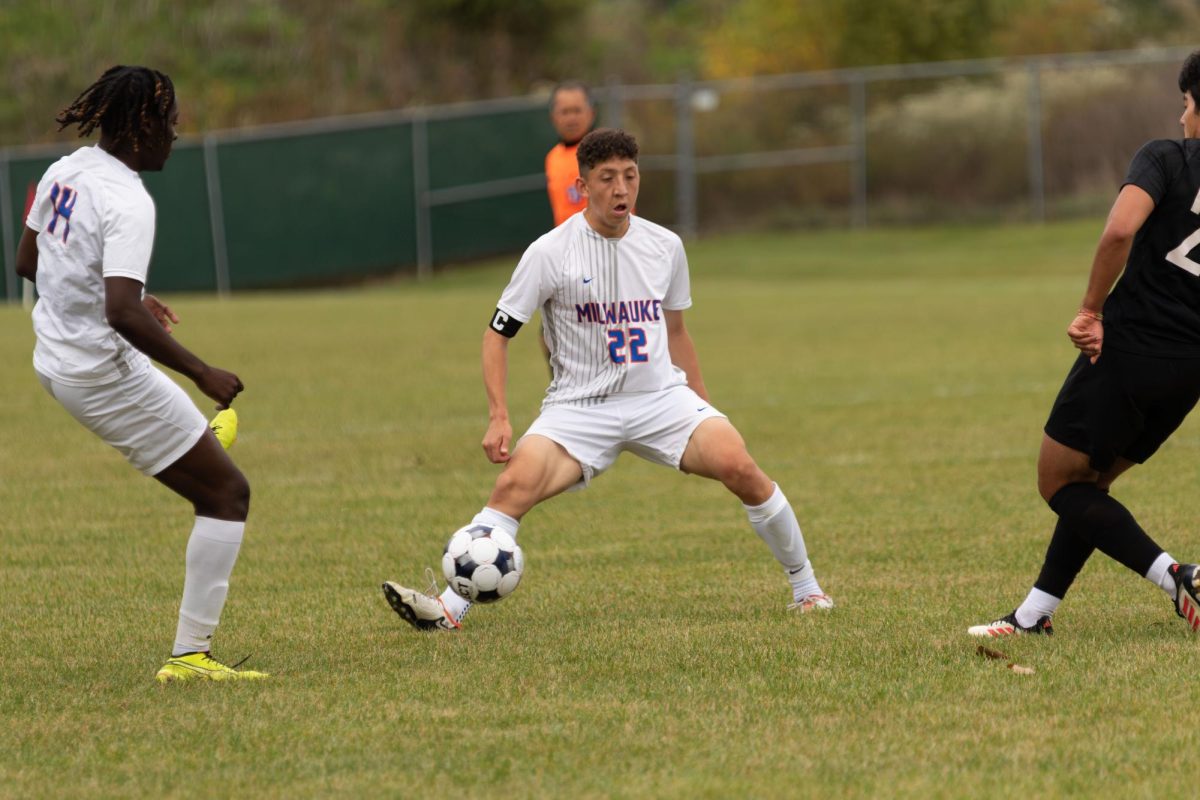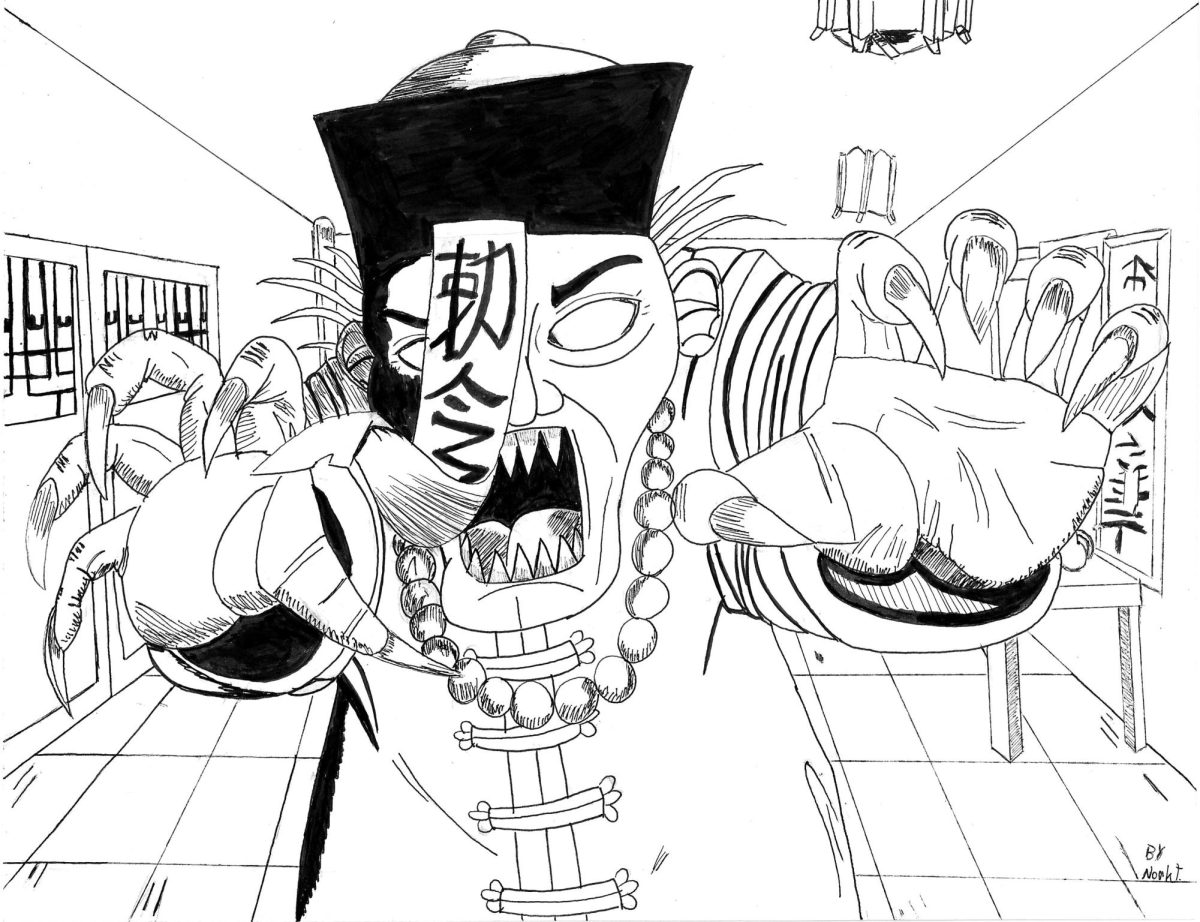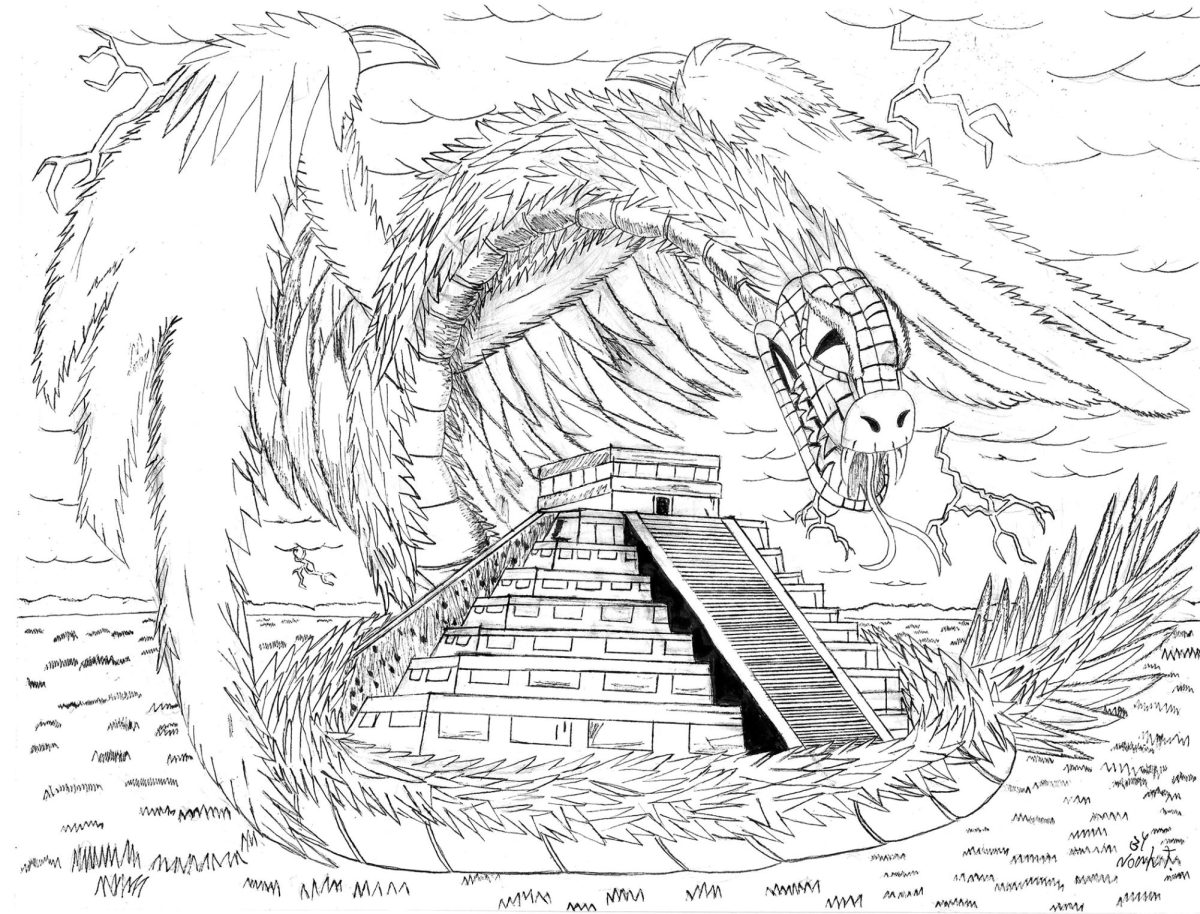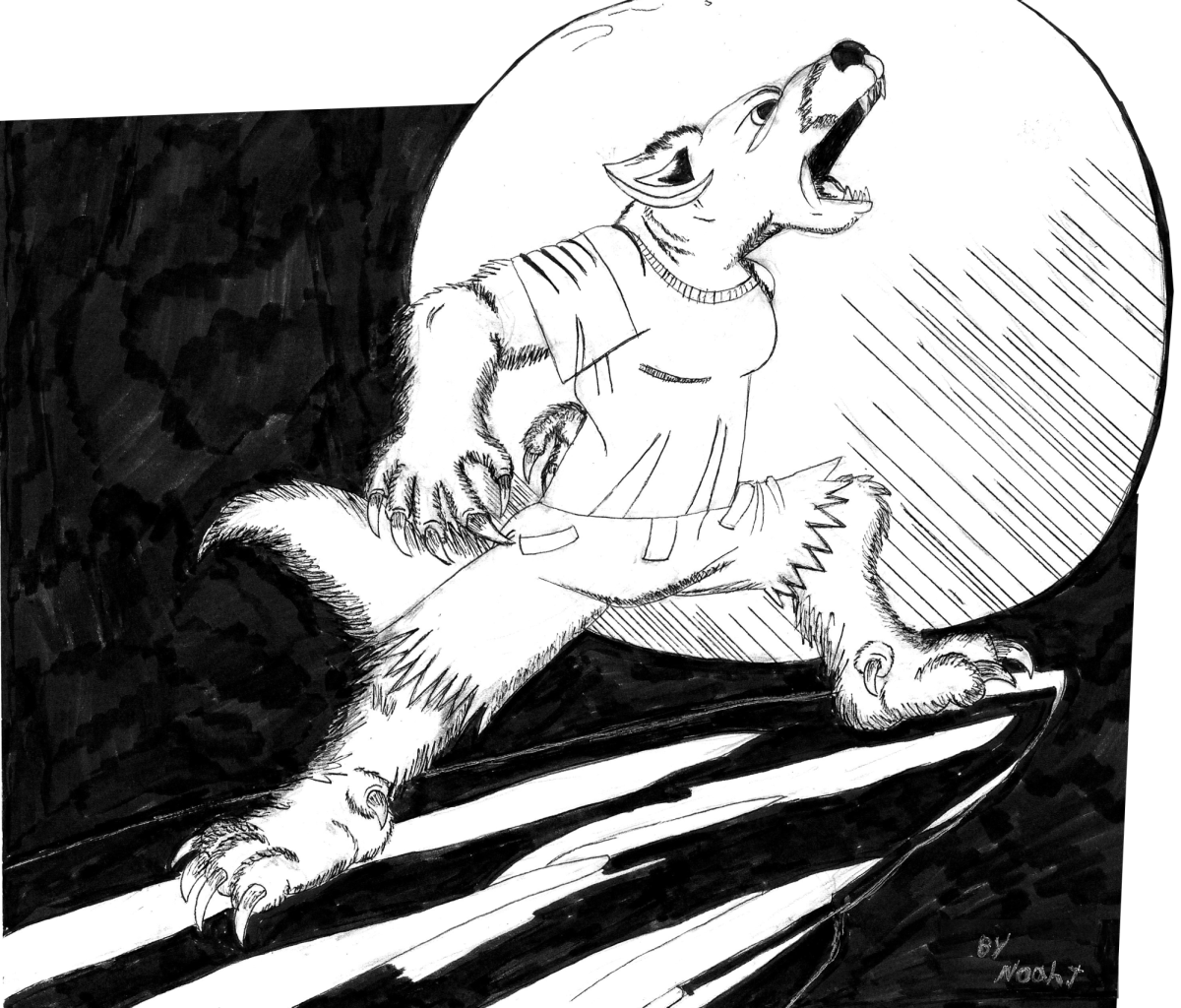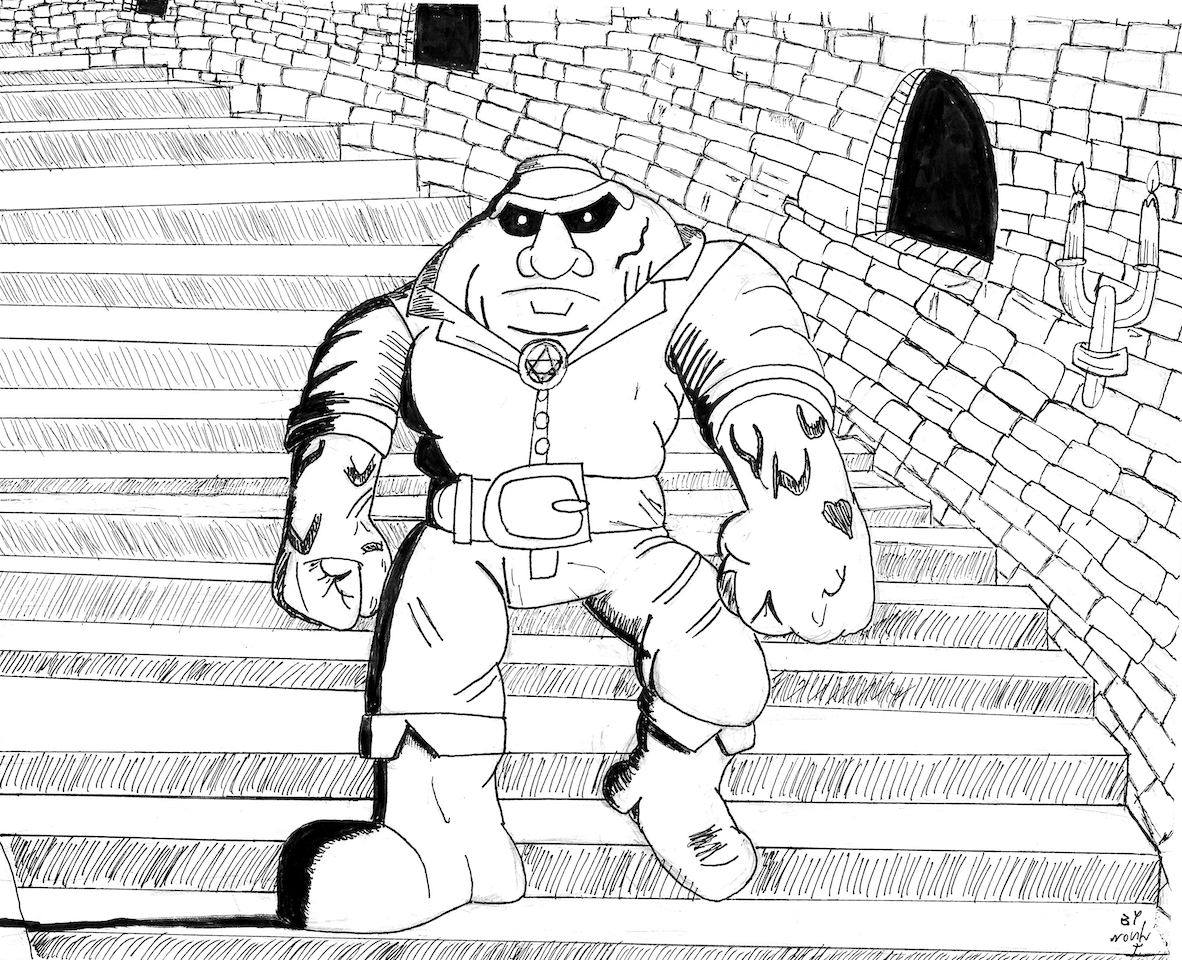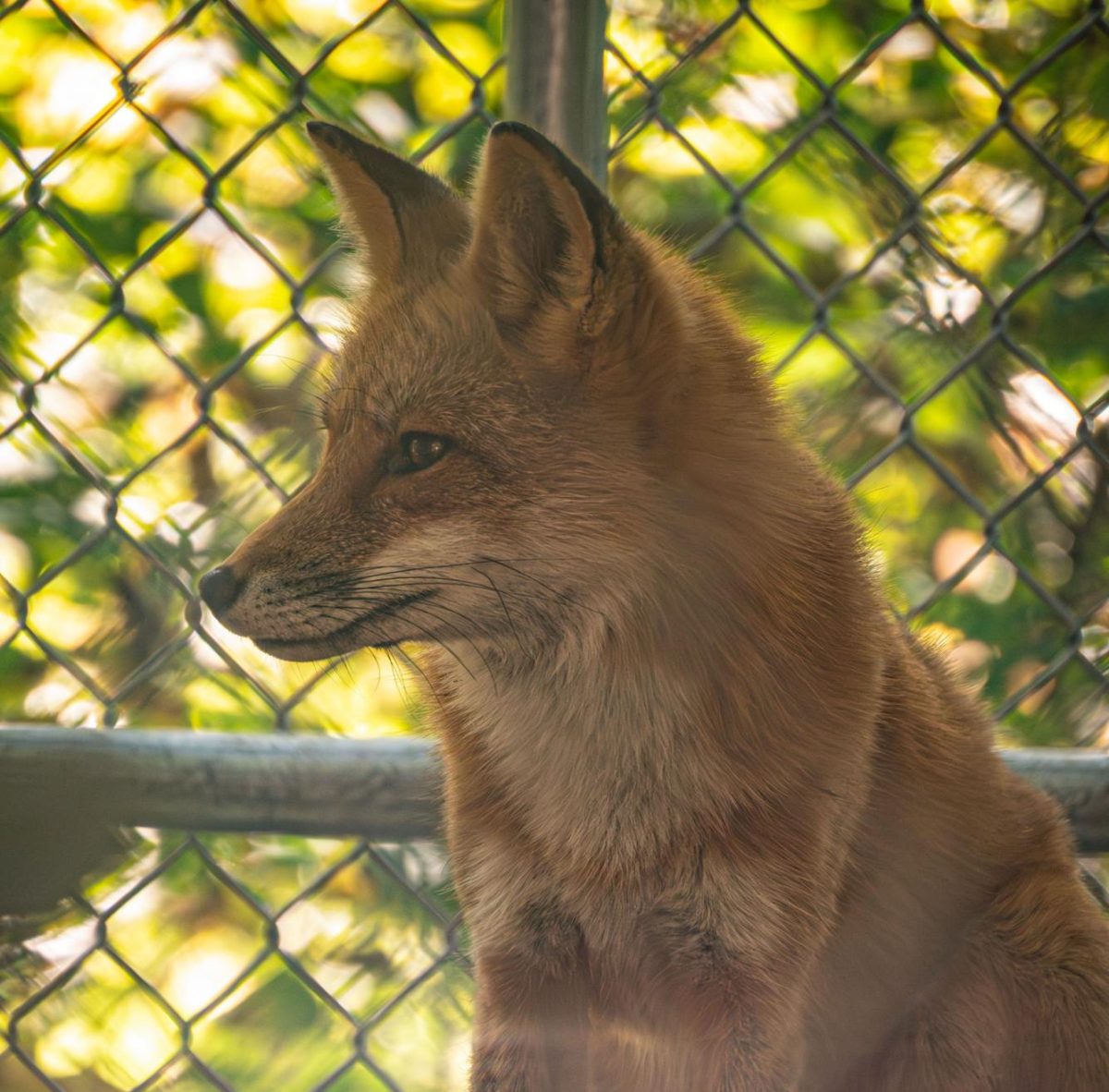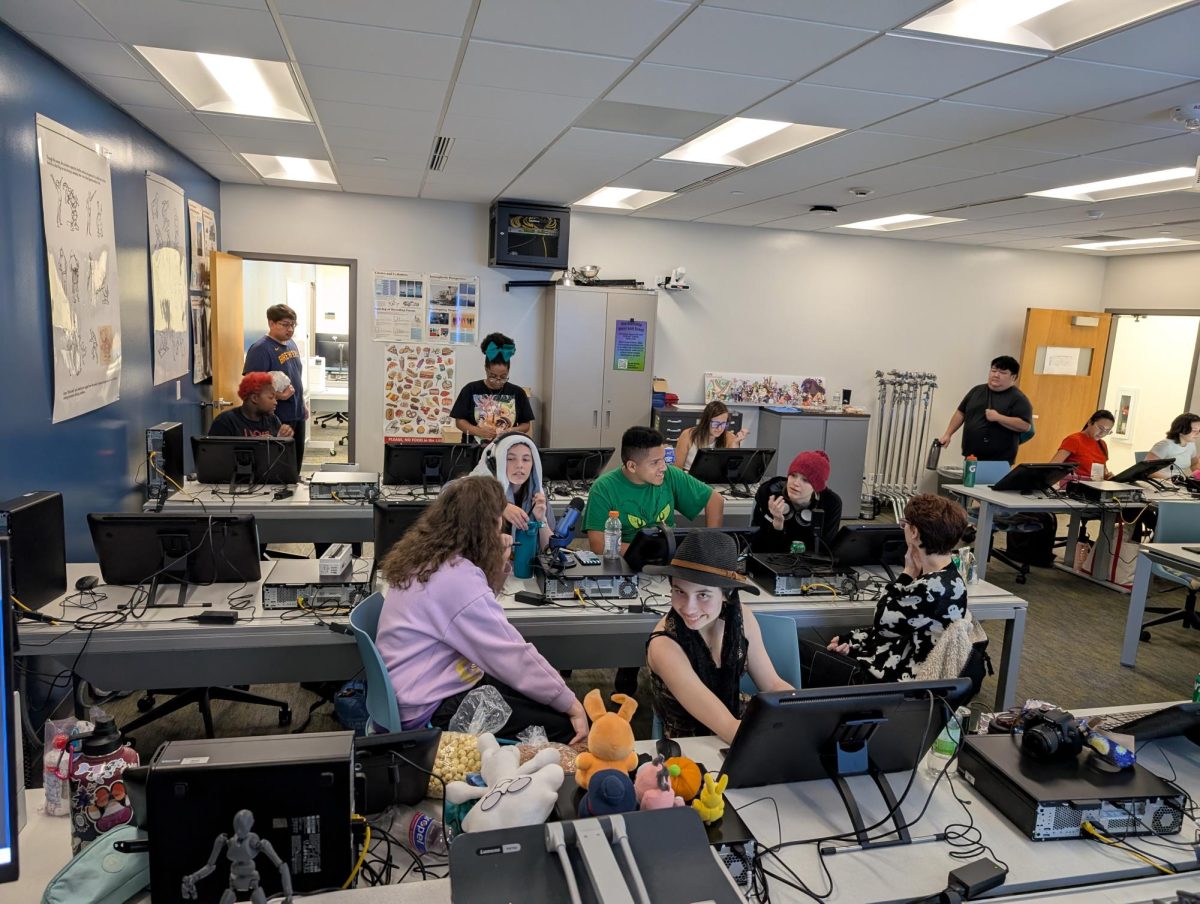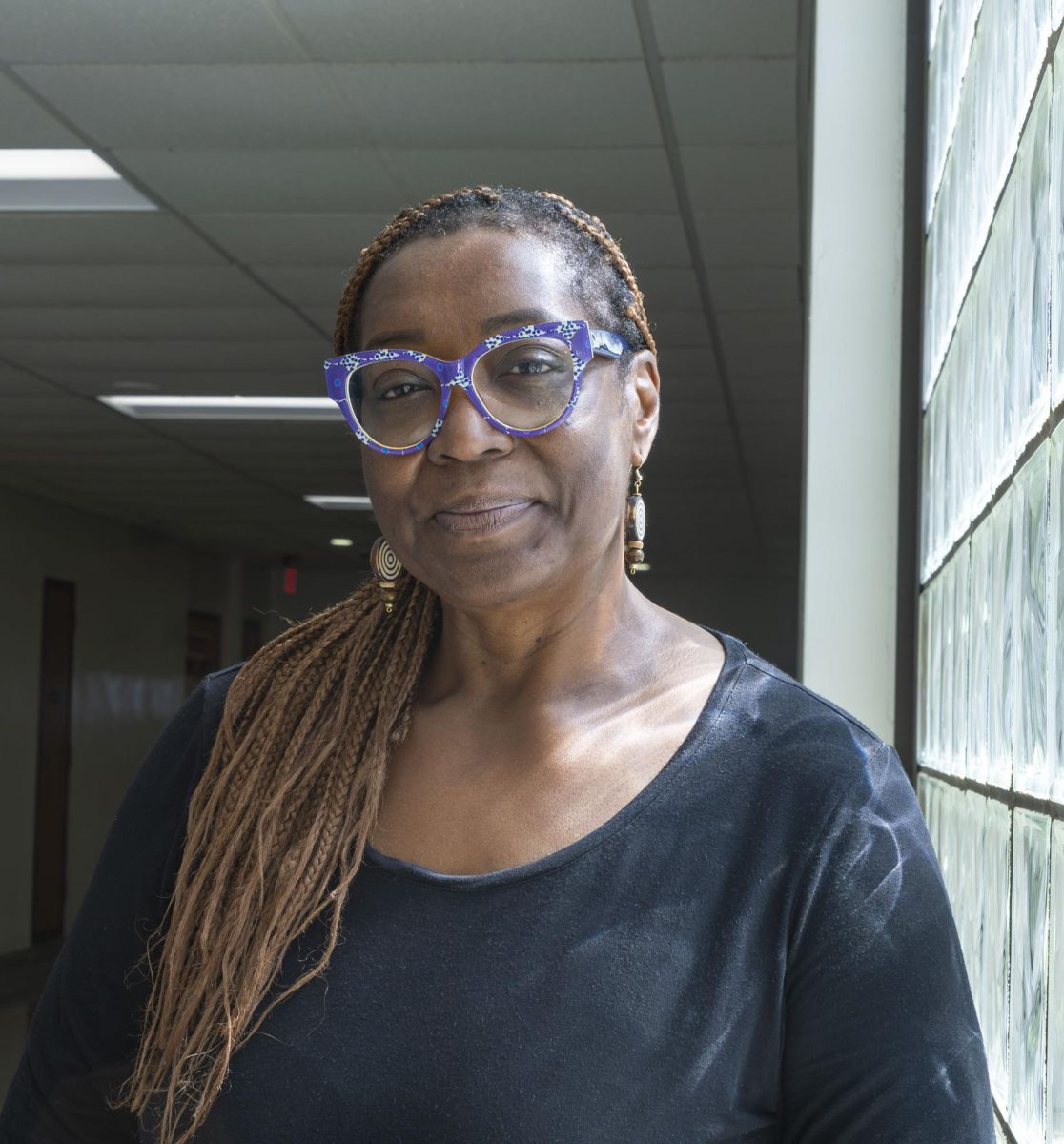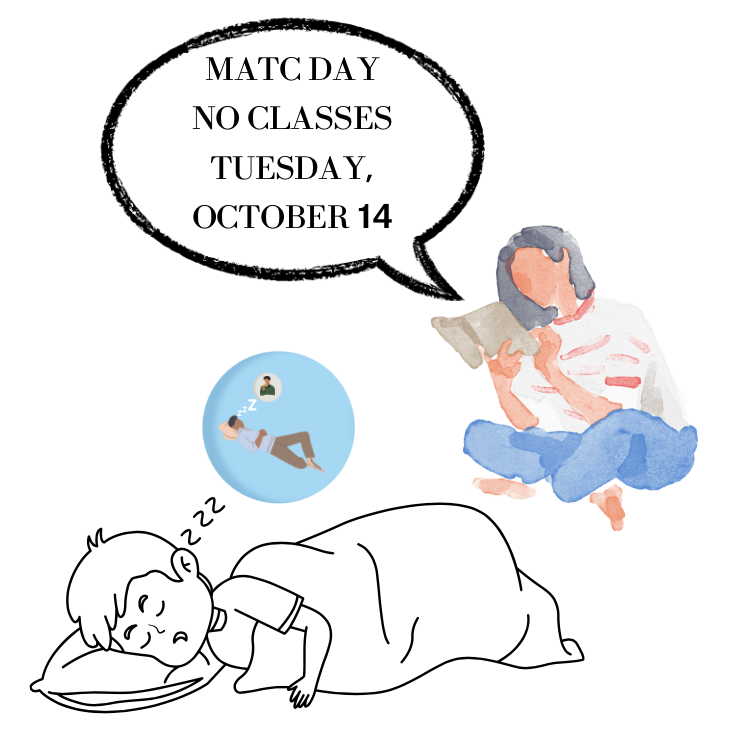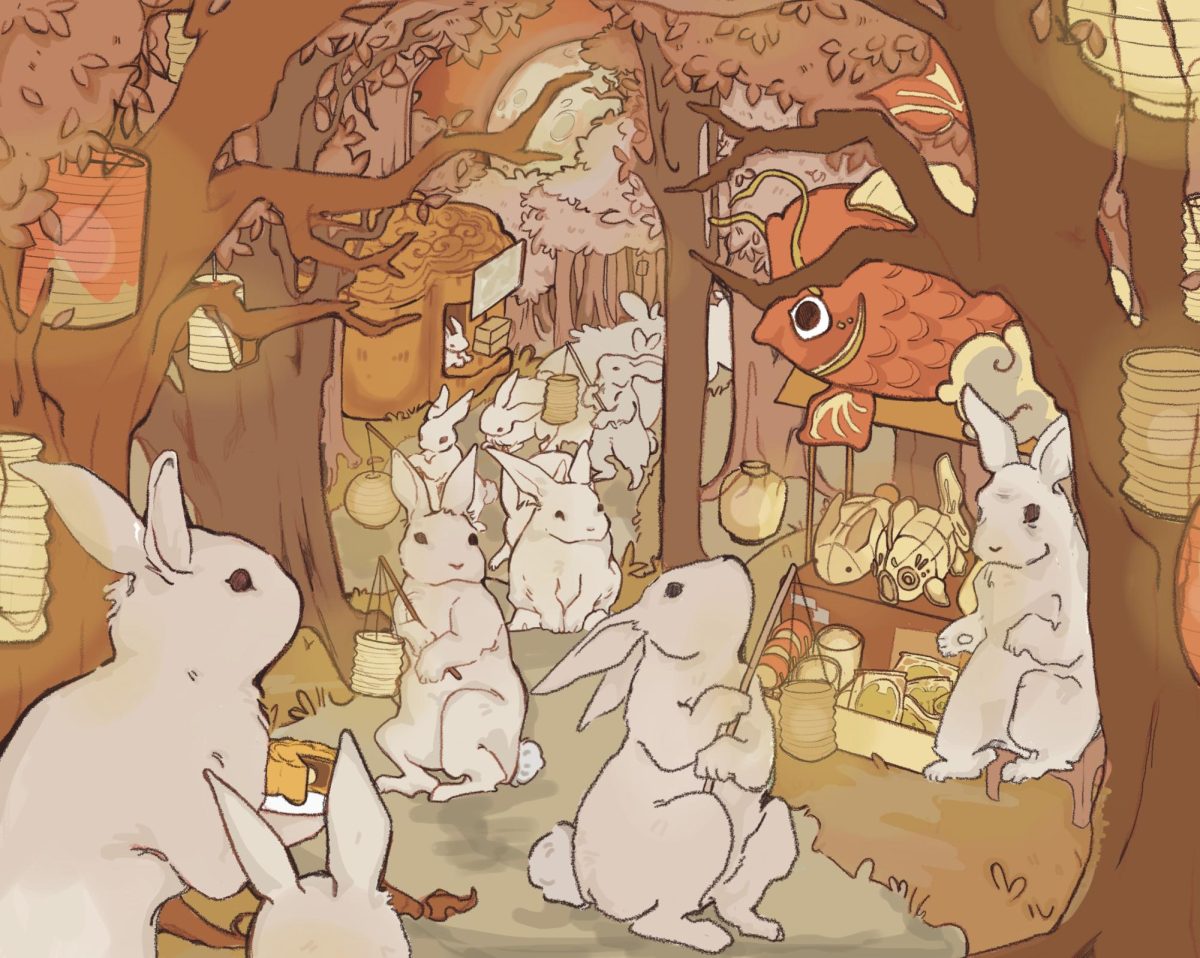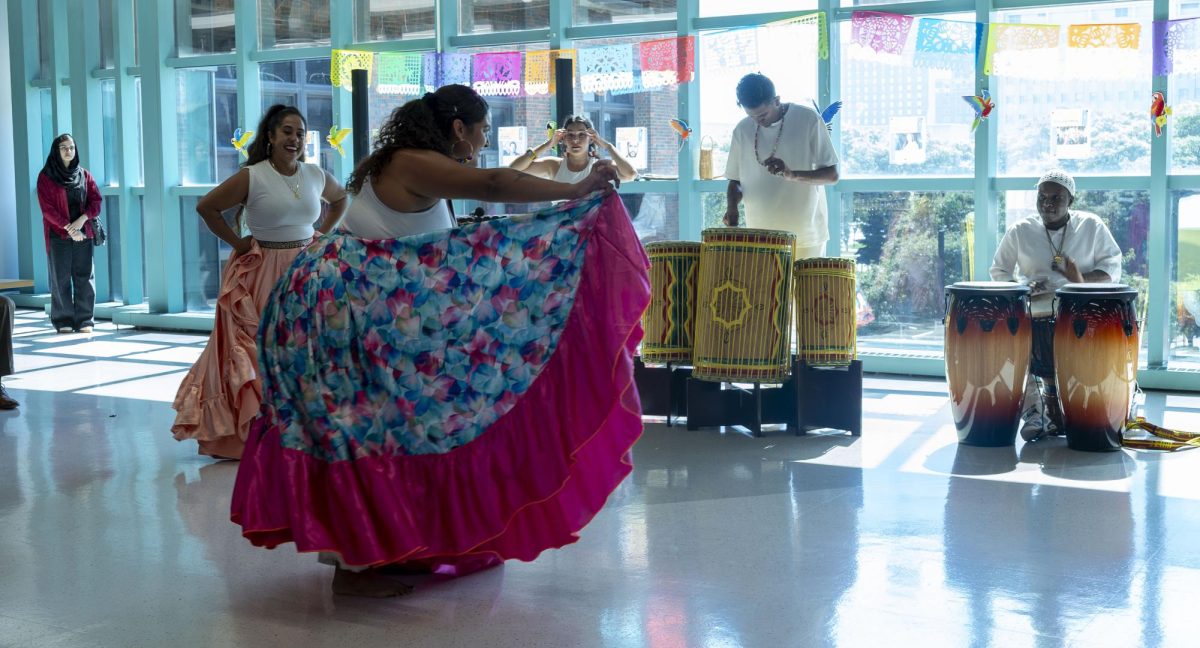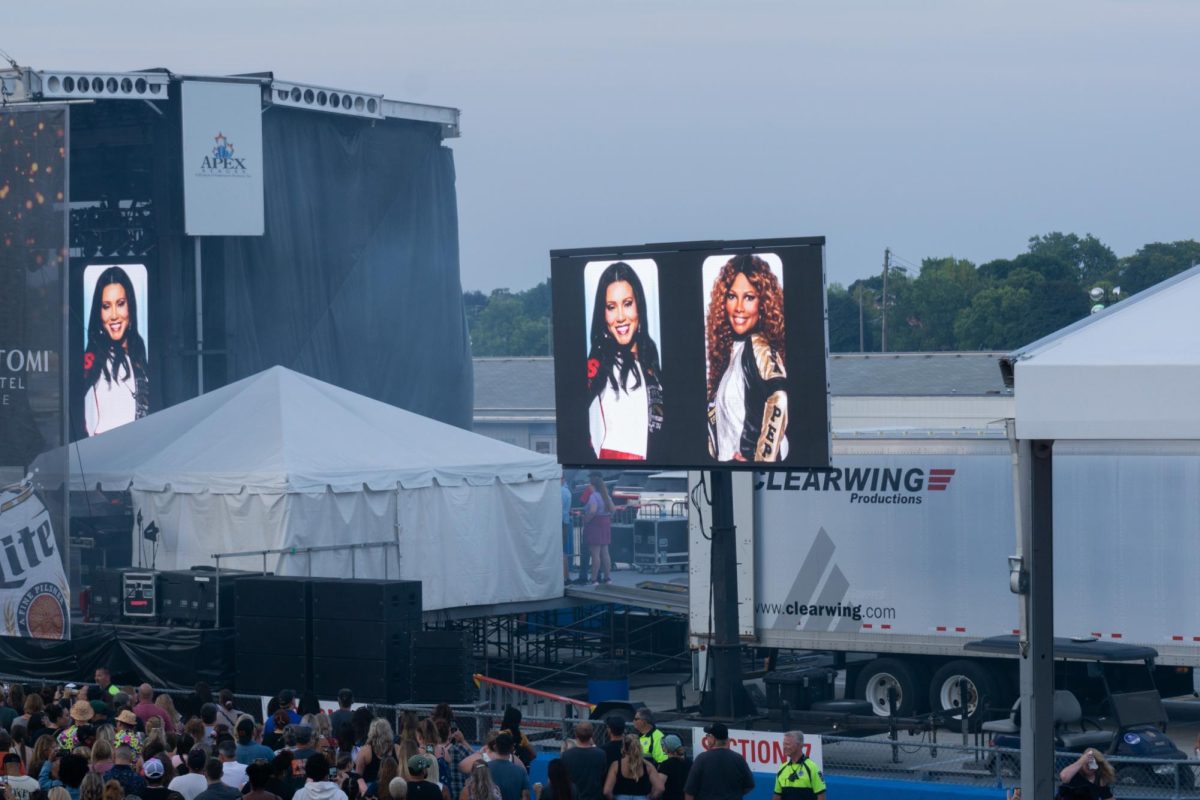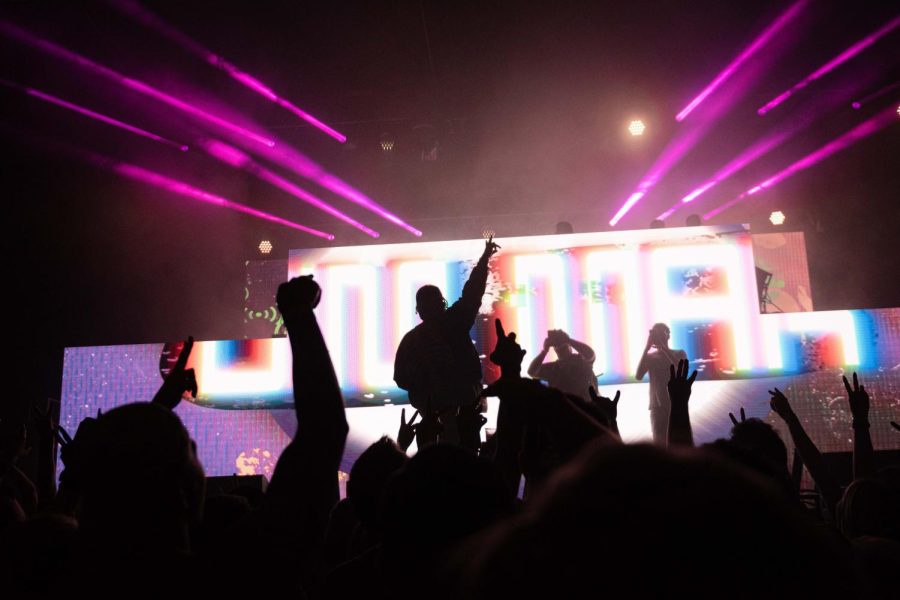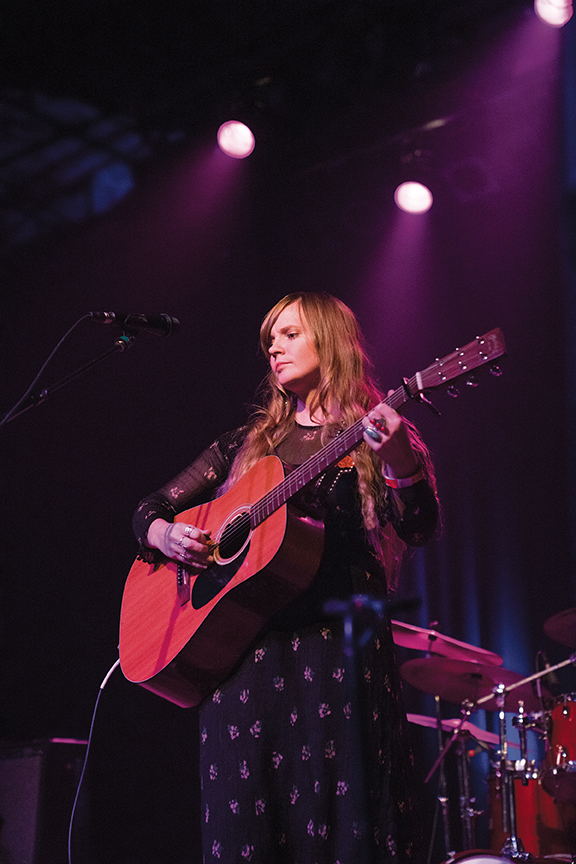The word ‘art’ can be defined in many different ways. Throughout history, art, and overall artistry, has been defined in many ways, such as: having a skill, a flair, etc. The performing arts is one of those fields that displays many of those artistic flairs. Many singers use their voices for the audience to feel emotion and dancers use their bodies to express emotion. How would one define a musician? Musicians use instruments to project different emotions and feelings into their audience’s minds and hearts. These emotions and feelings often lead to a lasting effect on the audience. When we examine overall musicianship, we have to look at four things: the knowledge, the delivery, the discipline, and the audience’s interpretation of what is being heard. It takes years for musicians to develop and master their craft, whether it’s a physical instrument or their voice.
In 2023, I started taking some music classes at MATC and I have thoroughly enjoyed them. One of my talented instructors is Steve Peplin. He has been a music instructor at MATC for 27 years (he started in 1996). The main genre that he teaches is classical jazz and he plays in 10 bands. They are: Strangelander, De La Buena, Invocation Trio, Milorganite, Matchstick, Amanda Huff / Steve Peplin Duo, Davis / Peplin Duo, Carlos Adames Trio, Lawrence University Faculty Jazz Band and MATC Faculty Band.
Professionally, he plays three instruments, the guitar, bass and voice, but he also plays drums often. In addition, Peplin plays “a lot of percussion instruments and piano.” He says he doesn’t “play piano too much on gigs, but once in a while. So my main ‘axe,’ as they say, is guitar.”
I sat down with him to find more about his background, his work as a teacher and performer, and his thoughts about the independent and mainstream music industries:
What made you want to get into music?
“My foundation was, and is, my grandmother Lorraine. She was a professional musician. She went to UWM as a kid. She was only 17 when she went there, graduated, became a musician, and stayed a musician throughout her life. She made her entire living playing music and teaching music. It always seemed like a doable option to me. And, she was cool, a wonderful person, a strong person.”
Who else influenced you on this musical path you’ve taken?
“Other than my grandmother, my teacher Jack Grassel who was very instrumental in running the Music Department here for many years. A great guitar player and he made it sort of attractive to me to be a teacher on top of the inspiration I already had from my grandmother. Jack Grassel showed us that you were kind of free here at MATC to teach, with a sense of freedom, but it’s also a trade school so he instilled a work ethic that this trade of music is a doable profession. (He was) a great influence on me. Another influence is my dad Mark Peplin, a Vietnam veteran, who died two years ago.”
What is your main reason for teaching?
“I always learn more teaching than I learn learning, if that makes any sense. I learn more as a teacher than I learned as a student because if somebody asks you a question, you have to go and get the answer. So, I feel it’s a great way to learn.”
“I love to get young musicians hooked up in the industry. I love to see it when somebody can make a living doing music from the program we have here.”
How do you feel about modern technology, (social media/networking, etc.) concerning music promotion/distribution, and how new music is introduced to the public?
“I think social media makes it 10 times easier to get music out there, especially in regards to advertising for concerts. We used to have to drive around and hang up flyers on telephone poles and so forth. But no one makes a living from recordings alone. Gigs are where the bread comes from now.”
Do you have any advice for anyone who wants to get into the music industry?
“I think that most people get into music because of the feeling music generates and to never lose interest in that. You know, a lot of people get into side path stuff where they’re more interested in what they can get from the music on a side-effect level. Like some people are into the partying or fame or the image of it, but I think it’s still more important to put love into the music and make that the thing.”
Peplin thinks “it’s important to do everything you do out of love and not fear.”
(f you’re interested in music, you might want to check out this story about an audio production class that records bands, including Peplin’s band Strangelander.)


